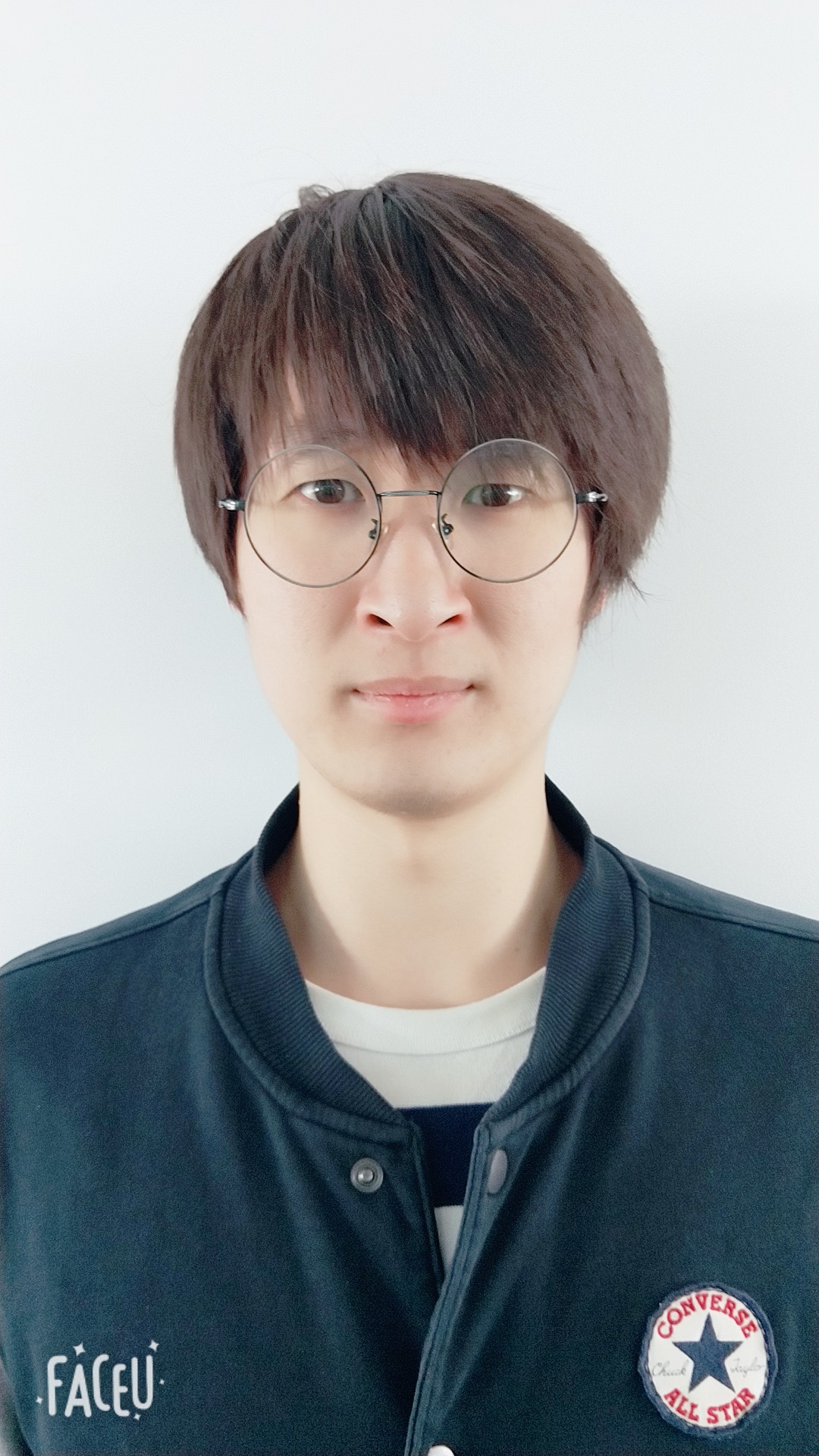Rust Struct Method Associate Functions
Discusses the struct, method and associate function
Contents
- Struct
- Adding Useful Functionality with Derived Traits
- Method Syntax
- Summary
Struct
The entire instance of Struct must be mutable, Rust doesn’t allow us to mark only certain fields as mutable.
Similar to tuples
- the pieces of s struct can be different types
- (more flexible than tuples) don’t have to rely on he order of the data to specify or access the values of an instance.
- Using the Field Init Shorthand when Variables and Fields Have the Same Name(
same effect with less time)
Struct Update Syntax
Creating instances from other instances with struct update syntax
- the syntax
..specifies(same effect with less time) that the remaining fields not explicitly set should have the same value as the fields in the given instance, e.g..user1
struct User {
active: bool,
username: String,
email: String,
sign_in_count: u64,
}
fn main() {
let user1 = User {
email: String::from("someone@example.com"),
username: String::from("someusername123"),
active: true,
sign_in_count: 1,
};
let user2 = User {
email: String::from("another@example.com"),
// struct update syntax
..user1
};
}
Tuple struct just have the types of the fields.
fn main() {
struct Color(i32, i32, i32);
struct Point(i32, i32, i32);
let black = Color(0, 0, 0);
let origin = Point(0, 0, 0);
}
Each struct you define is its own type, even though the fields within the struct have the same types.
We want to borrow the struct rather than take ownership of it, use the &(reference) in the function signature
Adding Useful Functionality with Derived Traits
- [Traits]the
deriveannotation can add useful behavior to our custom types - using
dbg!macro, calling the dbg! macro prints to the standard error console stream (stderr), as opposed toprintln!which prints to the standard output console stream (stdout).
Method Syntax
Methods are different from functions in that they’re defined within the context of a struct(or an enum or a trait object), and their first parameter is always self, which represents the instance of the struct the method is being called on.
Defining Methods
impl(implementation) block, and the first parameter is&selfthat means the method can be invoke by the struct instance-
&selfis actually short forself: &Self, within animplblock, the typeSelfis an alias for the type that theimplblock is for ->(arrow) operator inCandC++- use
.to call a method on the object directly - use
->call the method on a pointer to the object - if
objectis a pointer,object->something()is similar to(*object).something() - Rust doesn’t have an equivalent to the
->operator; instead, Rust has a feature called automatic referencing and dereferencing
- use
-
when you call a method with
object.something(), Rust automatically adds in&,&mut, or*so object matches the signature of the method - Given the receiver and name of a method, Rust can figure out definitively whether the method is:
reading (&self)mutating (&mut self)consuming (self)
Associated Functions
All functions defined within an impl block are called associated functions because they’re associated with the type named after the impl. We can define associated functions that don’t have self as their first parameter(and thus are not methods) because they don’t need an instance of the type of work with.
To call associated functions, we use the :: syntax with the struct name.
Summary
structlet you create custom types that meaningful for you domainmethodspecify the behavior that instances of your struct haveassociated functionslet you namespace functionality that is particular to your struct without having an instance available
